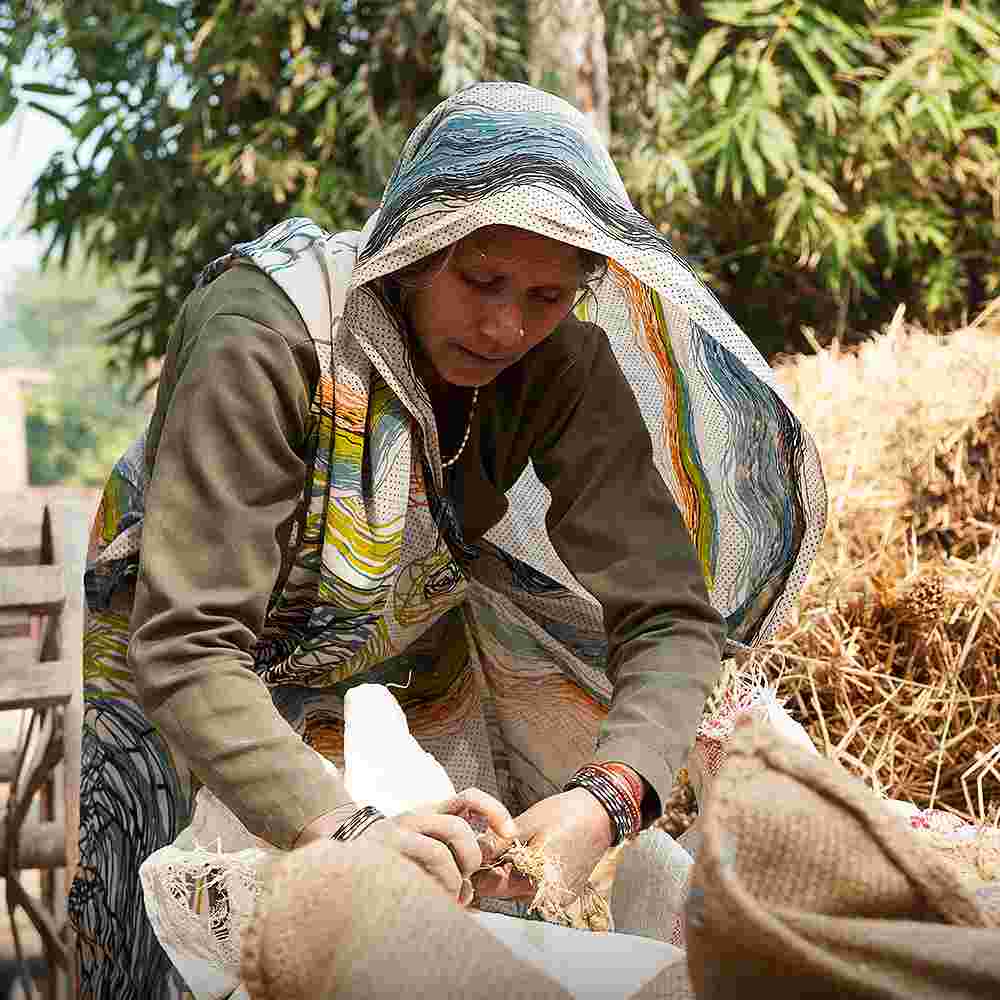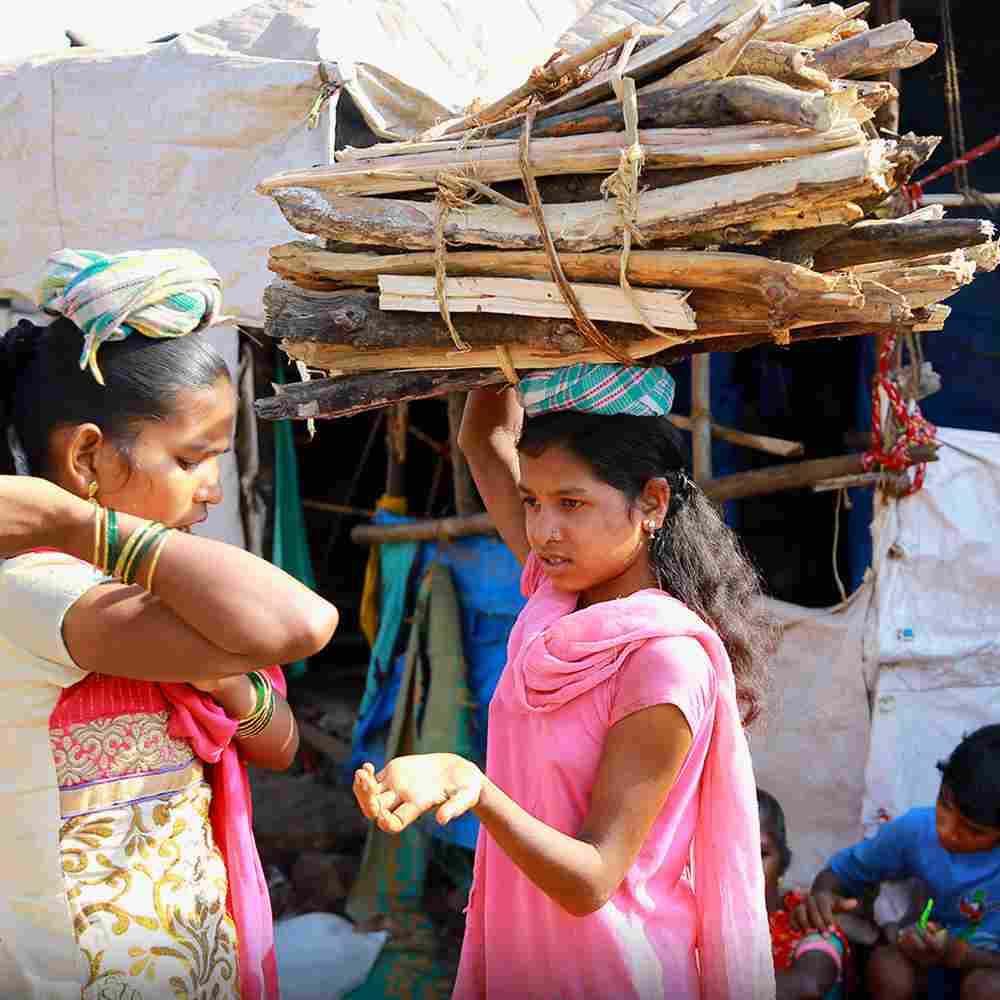Generational Poverty: A Definition
In considering generational poverty, one definition would be a cycle of poverty that perpetuates through at least two generations of the same family. This cycle typically continues because of factors related to one’s poverty and can persist for many generations.
There are numerous reasons why poverty may pass from one generation to the next. Consider the following:
- Those entrenched in cyclical poverty often have a poverty mindset that they pass on to their children through their examples and perspectives. This mentality offers little hope for a change in one’s circumstances and causes individuals to focus on immediate needs, such as food, rather than invest in the future.
- According to the Association for Psychological Science, “Part of the fuel for poverty’s unending cycle is its suppressing effects on individuals’ cognitive development, executive functioning, and attention.”1
- In developing regions, children in poverty may be pushed into the workforce, their families desperate for any additional income to put food on the table. Worldwide, there are approximately 160 million children involved in child labor.2 These children rarely complete their education, which limits their future job opportunities and chances for breaking out of poverty.3
- “Children who grow up impoverished often lack the food, sanitation, shelter, health care and education they need to survive and thrive,” says UNICEF. They “suffer from poor living standards, develop fewer skills for the workforce, and earn lower wages as adults.”4
Click here, to read more about this article.
Click here, to read more blogs in Gospel for Asia.Org


Comments
Post a Comment